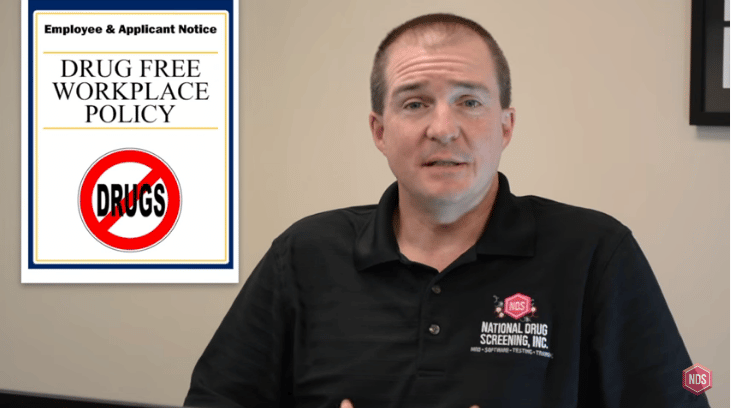One of the most dynamic changes we’re seeing in the state of drugs in America today is the changing stance of marijuana’s legal status. Federally, the drug is still considered an illegal substance. At the State level, however, many states, such as California, or Maine, have legalized both medical and recreational use of the drug. Canada, on the other hand, completely legalized marijuana at the Federal level in 2018!
For anyone that runs a business that wants to have a drug free workplace, or for businesses that work in transportation and logistics, and must remain compliant with Department of Transportation regulations, this creates many new challenges. The biggest priority, however, is getting your workplace drug policy up to date.
Why This Matters
Even without the transitioning legal status of marijuana from state to state, it’s important to have a policy in place for any company that wants to have a drug-free workplace mandate. By taking the time to set out in a formal policy what is expected of employees, and what are the consequences for failing a drug test, a business gives itself significant liability protection. Employees can’t enter into a legal dispute about unforeseen consequences when the consequences are laid out in writing, right in the company policy.
It’s also important, however, to make sure these drug-free workplace policies are in keeping with current state law. Laws are changing, new drugs are being added, such as opioids, and other drugs are removed as illegal, such as marijuana. Your policy needs to be updated to reflect these changes.
The Marijuana Question
For policymakers at a company, this is especially important when dealing with the marijuana situation. If, for example, you live in South Dakota where marijuana is still illegal, what do you do when an employee comes back from a vacation in Canada and tests positive for marijuana use in a test? What do you if you have multiple offices in different states, where some legalize medical marijuana, but others have legalized recreational marijuana? How do you deal with employees living and working in these states?
On the other hand, if your business is in California, marijuana is already considered a legal substance, both medically and recreationally. Your company policy should reflect this, and give marijuana the same weight and significance as ignoring a company rule to not arrive at work drunk and under the influence of alcohol.
Take the time to plan your policy carefully, and if you need help, talk to the experts that know about both state and corporate guidelines for drug use.







